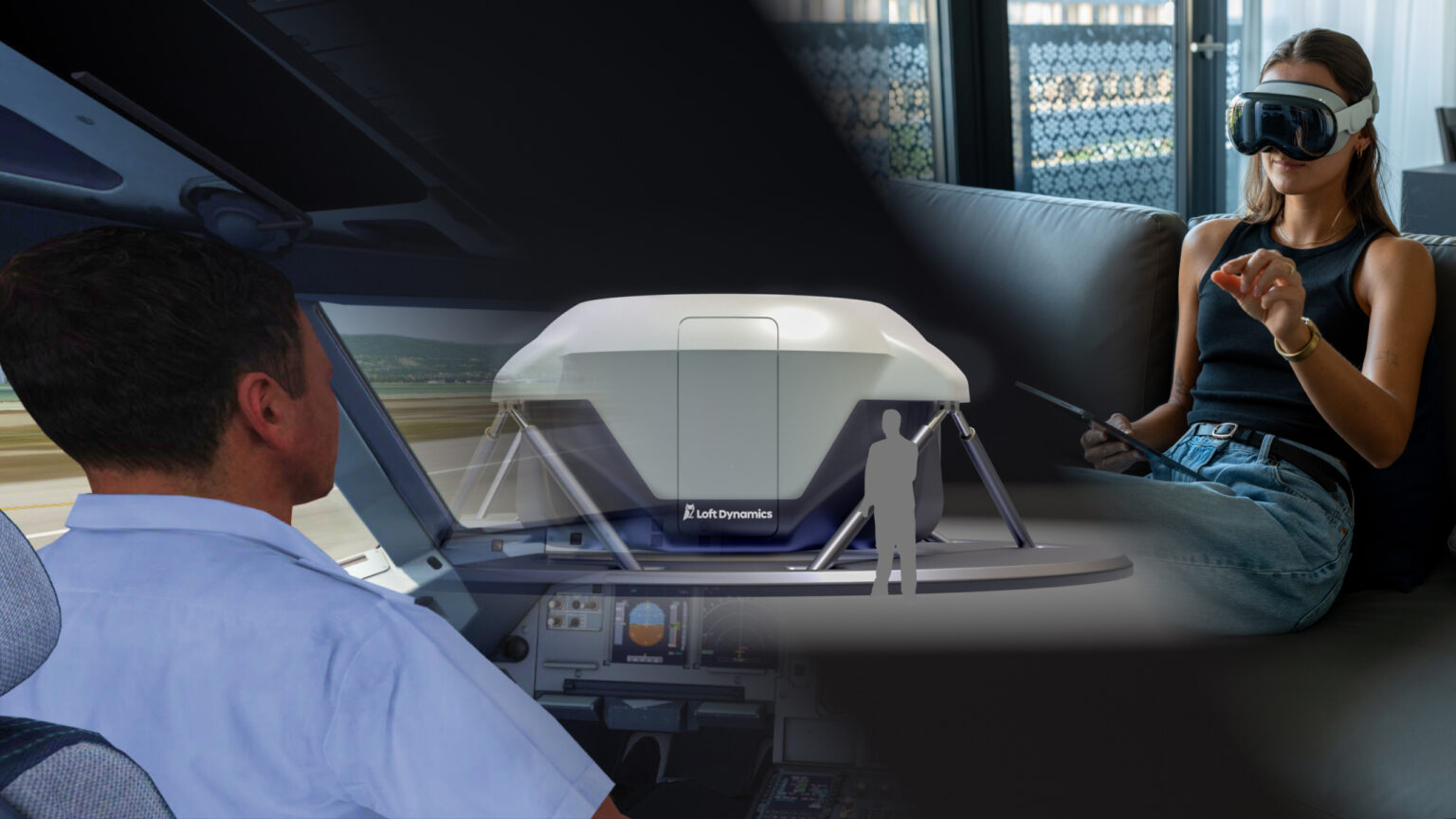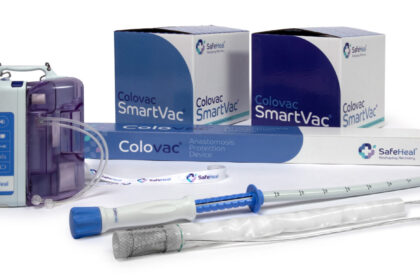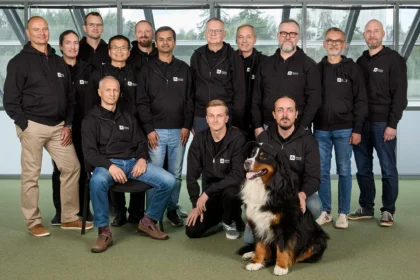Loft Dynamics, a leader in virtual reality (VR) flight training, has announced a successful $24 million (USD) Series B funding round. The investment, led by Friedkin with participation from Alaska Airlines and existing shareholders, brings the company’s total funding to $60 million and will accelerate the rollout of its next-generation training systems for both airplane and helicopter pilots.
The company’s new funding will be used to scale its commercial airline offerings, including advanced simulators for Boeing 737 and Airbus A320 multi-crew training, while continuing to expand its established helicopter business. This move builds on the company’s success in developing the world’s only VR helicopter simulator to be qualified by both the FAA and EASA, which is currently used by leading operators like Airbus Helicopters and the Los Angeles Police Department.
Fabi Riesen, founder and CEO of Loft Dynamics, emphasized the urgent need for innovation in the industry. “Pilot training hasn’t kept pace with the rest of aviation,” he said. “We’re still sending trainees across the country to sit in $10-$20 million, warehouse-sized domes—technology that hasn’t evolved in decades. In an era of pilot shortages and increasing air mobility, that’s simply no longer sustainable. We’re building a new standard—one that’s far more realistic and accessible. High-quality, regular training leads to better pilots. And better pilots mean safer skies.”
A new standard for training
The new funding will support the development of a cloud-connected training suite designed to be safer, more effective, and scalable. The new airliner simulators are up to 12 times smaller and a fraction of the cost of traditional full-flight simulators, making them a highly accessible alternative.
The systems will feature a multi-crew replica cockpit with haptic feedback, eye and body tracking, and AI-powered intelligence to measure pilot performance and provide tailored feedback. The suite will also include LofTWIN, a virtual demonstration mode that allows instructors to record and share immersive lessons. For even greater accessibility, the company is developing a spatial computing–powered home training kit, enabling pilots to review sessions and train remotely.
As part of the investment, Dan Friedkin, Chairman and CEO of Friedkin, will join the Loft Dynamics board of directors. “Loft Dynamics is defining the next era of aviation training,” Friedkin stated. “This investment enables them to scale their solution globally, fast-track innovation, meet an urgent industry need and elevate pilot safety in the process. Loft brings the vision and execution capability this moment demands.”
“Through Alaska Star Ventures, our corporate venture capital arm, we are excited to support Loft Dynamics in bringing FAA-qualified VR technology to commercial airline training,” said Pasha Saleh, corporate development director at Alaska Airlines. “We look forward to working closely with Loft to revolutionize pilot training, making it more immersive and effective. This investment will not only enhance our industry-leading training program but also pave the way for future training solutions across the aviation industry.”
Riesen sees the investment as a sign of a broader shift in the industry:
“This funding round isn’t just a milestone—it’s a signal,” he added. “A signal that the wider industry is ready for change. We’re proud to have the backing of Friedkin, Alaska Airlines and our existing shareholders. [..] Together, we’re building a safer, smarter, more accessible future for aviation training—one that serves operators, regulators and pilots, and protects the millions of passengers who rely on them.”
About Loft Dynamics
Loft Dynamics AG is a global leader in virtual reality (VR) flight training, and the only company with VR simulators qualified by both the FAA and EASA. The company’s mission is to make pilot training safer, more accessible, and more scalable than ever before by providing full-motion VR simulators for helicopters, airlines, and eVTOLs that are significantly more cost-effective than legacy systems.





